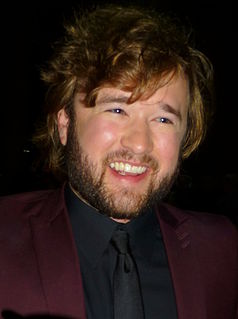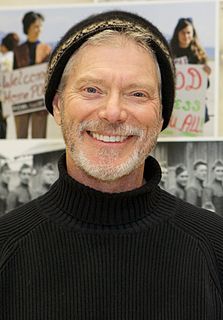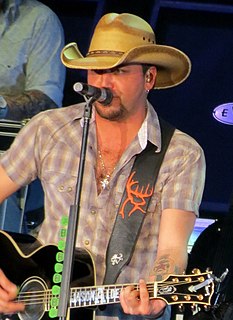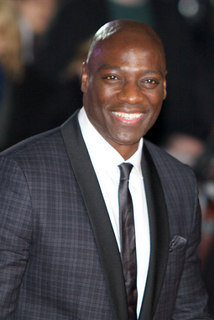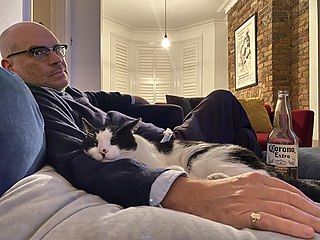A Quote by Fala Chen
As actors, if the director doesn't cut, then you just keep going.
Related Quotes
I think that what's important as a director is to give your actors the feeling that they're protected, the feeling of confidence, the feeling that if they make mistakes, then as a director, you'll know how to help them. If you're able to convey that, then the actors will give you wonderful performances. As well as the author, you have to write scenes that give the actors the opportunity to show what they're capable of.
I'm a huge fan of director's cuts or reassemblies if they're good, but I remember being really excited about the restored version of Apocalypse Now, and then I preferred the original film. Kingdom of Heaven as a director's cut is the real picture, but in fact someone recently told me that there was another cut, the original first cut, which he said was just extraordinary. I've never seen it - and of course now I want to, if it exists, and so would everybody else.
I try to keep away from being bigheaded. That's what causes people to lose the acting thing. They start being commercial, and then they stink the rest of their life. But there are several respected adult actors who were child actors that started very young. I'm going to try to model myself after Kurt Russell and Jodie Foster. Just keep learning from the role and not just go for the money.
In the old days when I first was coming up, you would turn up on set in the morning with your coffee, script, and hangover and you would figure out what you were going to do with the day and how you were going to play the scenes. You would rehearse and then invite the crew in to watch the actors go through the scenes. The actors would go away to makeup and costume and the director and the DP would work out how they were going to cover what the actors had just done.
My advice to actors? To successful actors, it's, "sock it away," and unsuccessful actors, it's just, "Just keep at it. Don't do it unless you have to do it and if you have to do it, keep you've got to keep your instrument in shape. You just got to keep on getting better. If you're not getting better, you're standing still.
My advice to actors? To successful actors, it's, 'sock it away,' and unsuccessful actors, it's just, 'Just keep at it. Don't do it unless you have to do it, and if you have to do it, keep - you've got to keep your instrument in shape.' You just got to keep on getting better. If you're not getting better, you're standing still.
Your actors need to trust you as a director, but normally, I think you just need to have an open communication between the actors and the director. I think the director needs to really paint his or her vision to the cast and let them know the kind of mood that he or she is making. I think that's very important.
If you say, 'I'm going to cut this song because I know the teenagers are going to love it,' well, then you're going to alienate everybody else. When I cut my record, I'm just going to cut the things that I like, and whoever likes it, likes it. That's too much work to try to figure out the demographic. That's too much like a business.
I find it rather tedious working with some actors who have to go into a corner and bounce up and down, shake their hands and arms, saying to the director, "Just a second - I'll be ready in a few minutes, " while all the other actors are waiting around to get in. Then they say, "OK! I'm ready now." And then they come on and do it exactly the same way they've done it in rehearsal.
Actors, I think, are all the same. Both Korean actors and American actors are all very sensitive people, and they are all curious to know what the director thinks of them and how they are evaluated, and they try to satisfy the director. And they like it if you listen carefully to their opinions and accept them.



